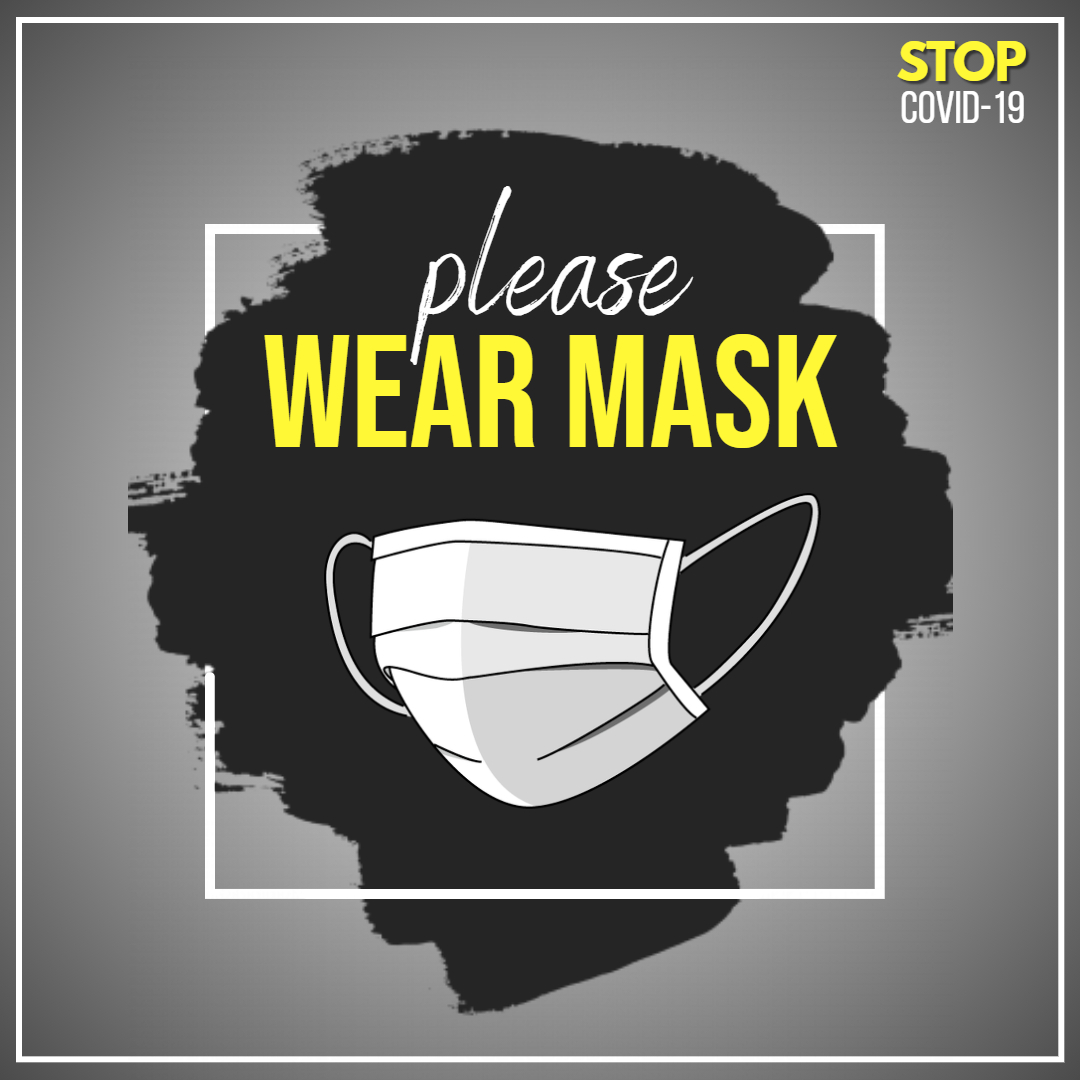What is coronavirus?
According to the WHO, coronaviruses are a family of viruses that cause illnesses ranging from the common cold to more severe diseases such as severe acute respiratory syndrome (SARS) and the Middle East respiratory syndrome (MERS). These viruses were originally transmitted between animals and people. SARS, for instance, was transmitted from civet cats to humans while MERS moved to humans from a type of camel. Coronaviruses are zoonotic diseases, meaning they spread from animals to humans.
The novel coronavirus, identified by Chinese authorities on January 7 and since named COVID-19, is a new strain that had not been previously identified in humans. It is said this virus originated from a seafood market in Wuhan where wildlife was also traded illegally.
As of now, a vaccine has not been formulated for the novel coronavirus. Coronavirus started in China and has affected many people worldwide.
What are the symptoms?
According to the WHO, signs of infection include fever, cough, shortness of breath and breathing difficulties. In more severe cases, it can lead to pneumonia, multiple organ failure, and even death. Current estimates of the incubation period – the amount of time between infection and the onset of symptoms – ranging from one to 14 days. Most infected people show symptoms within five to six days. However, infected patients can also be asymptomatic, meaning they do not display any symptoms despite having the virus in their systems. The elderly, especially those with pre-existing conditions like diabetes, heart disease, and lung disease, may be severely affected by the new virus.
How does the coronavirus spread?
1. Person-to-person spread
The virus is thought to spread mainly from person-to-person.
- Between people who are in close contact with one another (within about 6 feet).
- Respiratory droplets produced when an infected person coughs or sneezes.
- Some spread might be possible before people show symptoms; there have been reports of this occurring with this new coronavirus, but this is not thought to be the main way the virus spreads.
2. Spread from contact with infected surfaces or objects
It may be possible that a person can get COVID-19 by touching a surface or object that has the virus on it and then touching their own mouth, nose, or possibly their eyes.
Coronavirus: Preventive measures
Here are a few important tips to protect yourself and others from coronavirus:
- Wash your hands: wet your hands with clean, running water and apply soap. Lather your hands, including the backs, between your fingers, and under your nails and scrub for at least 20 seconds. Rinse.
- If soap and water are not readily available, use an alcohol-based hand sanitizer with at least 60% alcohol.
- Maintain high hand hygiene, avoid touching things around when at public places.
- Avoid going to crowded areas. Avoid touching your eyes nose and mouth.
- Avoid handshakes and hugs, greet people with a “Namaste”.
- Cover your mouth and nose with a tissue when you cough or sneeze, then throw the tissue in the bin and wash your hands. If you do not have a tissue to hand, cough or sneeze into your elbow rather than your hands. Stay home if you are sick.
- Avoid close contact with people who are sick. Maintain at least three feet distance between yourself and anyone who is coughing or sneezing.
- Clean and disinfect frequently-touched objects and surfaces using a regular household cleaner.
- Face masks offer some protection as they block liquid droplets. However, they do not block smaller aerosol particles that can pass through the material of the mask. The masks also leave the eyes exposed and there is evidence that some viruses can infect a person through the eyes.
- If visiting live markets in affected areas avoid direct, unprotected contact with live animals and surfaces that have been in contact with animals.
- If you have returned from an infected area and develop a high temperature, cough, runny nose, sore throat or difficulty breathing do not leave your home until you have been given advice by a doctor.
Face mask
There are many misconceptions regarding the use of a face mask. Here is when you must use a face mask:
- If you are healthy, you only need to wear a mask if you are taking care of a person with the suspected 2019-nCoV infection.
- Wear a mask if you are coughing or sneezing.
- Masks are effective only when used in combination with frequent hand-cleaning with alcohol-based hand rub or soap and water.
- If you wear a mask, then you must know how to use it and dispose of it properly.
How to put on, use, take off and dispose of a mask:
- Before putting on a mask, clean hands with alcohol-based hand rub or soap and water.
- Cover mouth and nose with mask and make sure there are no gaps between your face and the mask.
- Avoid touching the mask while using it; if you do, clean your hands with alcohol-based hand rub or soap and water.
- Replace the mask with a new one as soon as it is damp and do not re-use single-use masks.
- To remove the mask: remove it from behind (do not touch the front of the mask); discard immediately in a closed bin; clean hands with alcohol-based hand rub or soap and water.
As the coronavirus outbreaks continues, lets us take the necessary precautions to stay safe. Be responsible while sharing information regarding coronavirus and do not believe in rumor's shared from unknown sources.







